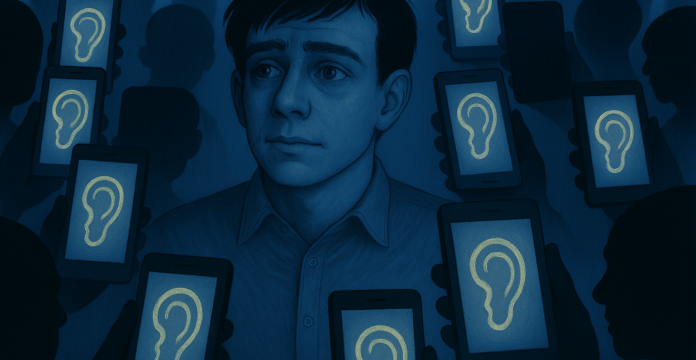[First published 8.8.2024 at https://www.uvaasaexed.fi/spooks-in-the-day-light-the-perverse-side-of-data-privacy/]
By now, the terms ‘data privacy’ and ‘General Data Protection Regulation’ (GDPR) are well known by expert and novice alike. There are many reasons even the general public are aware of, in terms of needing to be cautious and protect personal information. Most are aware of identity theft, fraud, direct financial loss, scarred reputation (Kesan, Hayes & Bashir, 2015), and even the unforgetting, unforgiving nature of the disclosure of specific types of information via the Internet (see e.g., Guitton’s (2019) article on sexpionage). But, what are some of the murky issues lurking beneath?
Our perception of privacy and potential threats operates on an embodied level (Smith & Ellswoth, 1985). When issues arise that are experienced as an imminent danger to our wellbeing, our bodies begin to prepare to react – in order to survive. Freeze, flight or fight (Isen, Daubman & Nowicki, 1987), are some basic modes of response to threat that activate and are sensed on various levels of consciousness. From being mildly creeped as seen in the case of ‘resignated acceptance’ (Shklovski et al., 2014) whereby users understand that they are being watched and are disturbed by this fact, yet, over time, the panopticonic sensation imposed by the device fades to an awareness, a dislike, yet understanding that this state of being will remain regardless of attitude, to an aroused sense of spook – constant paranoia and disturbance. There is an edginess to the surveillance side that just doesn’t shake once people start conceptualising the ways these data-driven systems work.
Spookiness comes into play when these surveillance systems become personified. When people begin to imagine or conceptualise the people and intentions behind the surveillance technology, and when they feel that this form of techno-practice is a direct attack on their human integrity. This form of disturbed state is a fully embodied experience that causes stress and manifests in lack of sleep, depression, and even suicide, similar to that which is generated as a result of being stalked (Davis, Coker & Sanderson, 2002).
Now, here comes the flip side. Privacy, can and is being used by felons to protect their own identity when committing crimes (Jardine, 2018). Often these crimes involve a direct violation of others’ privacy and human integrity. The drive of many privacy shielded, yet privacy breaching criminals is an embodied and highly aroused drive that is fed through controlling and harming others (Ferrell, 1997).
Then, to tame this down to our own behavior within everyday life, all we have to observe is how we position ourselves in relation to other people’s data privacy. When perusing social media pages and websites are we driven by a friendly affective sensation of curiosity and concern for our associates’ wellbeing? Or, are there darker intentions behind following the information of those around us? All of this in turn boils down to our experience of cognitive-affect from various angles, via differing intentions, and in alternate contexts. Think about that the next time you browse Google Scholar.



